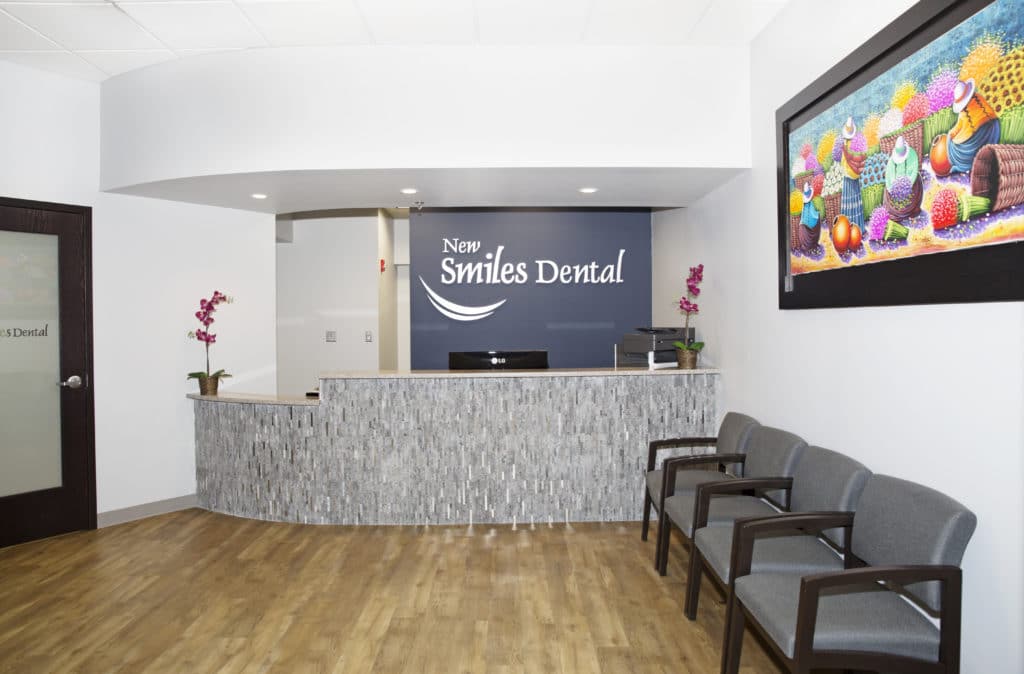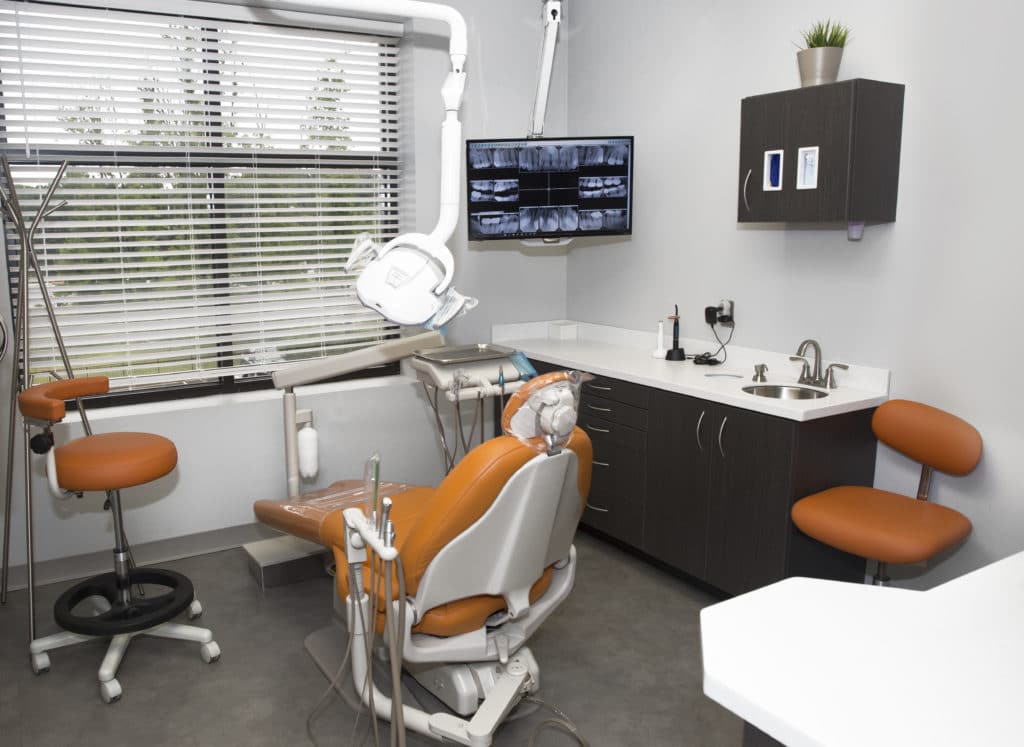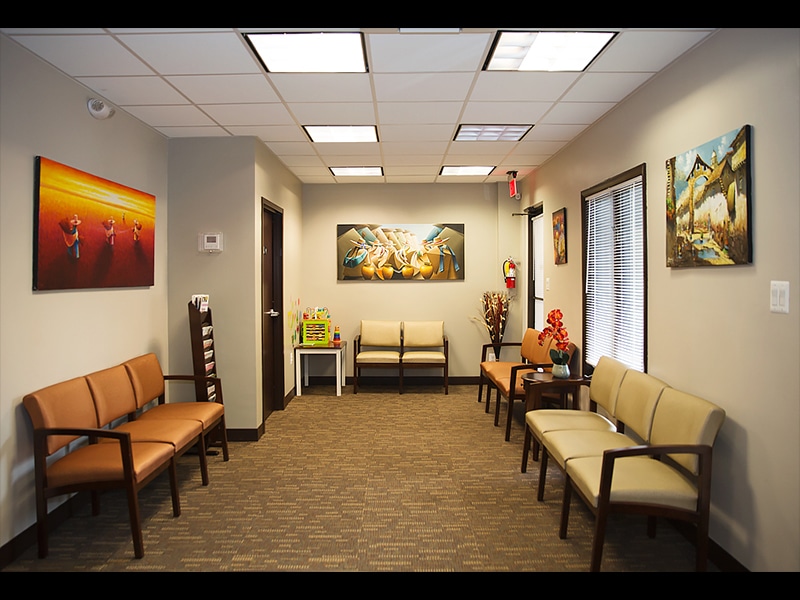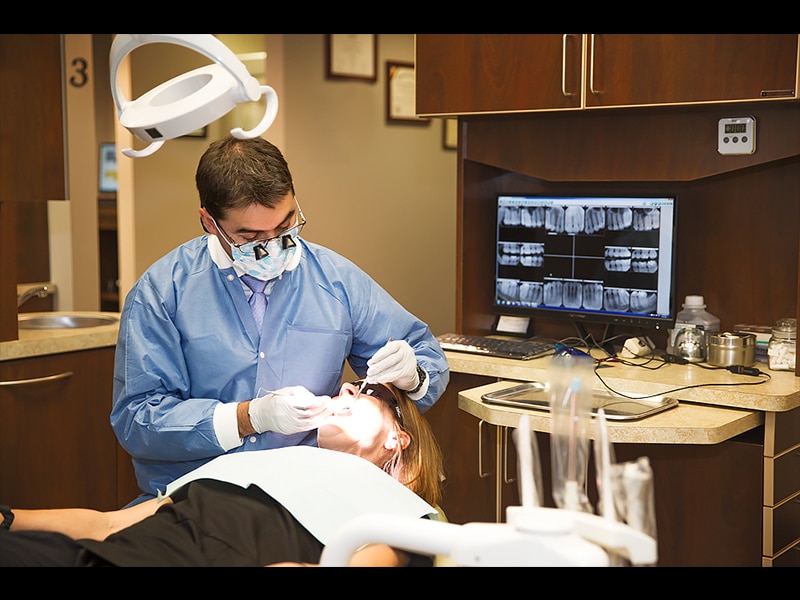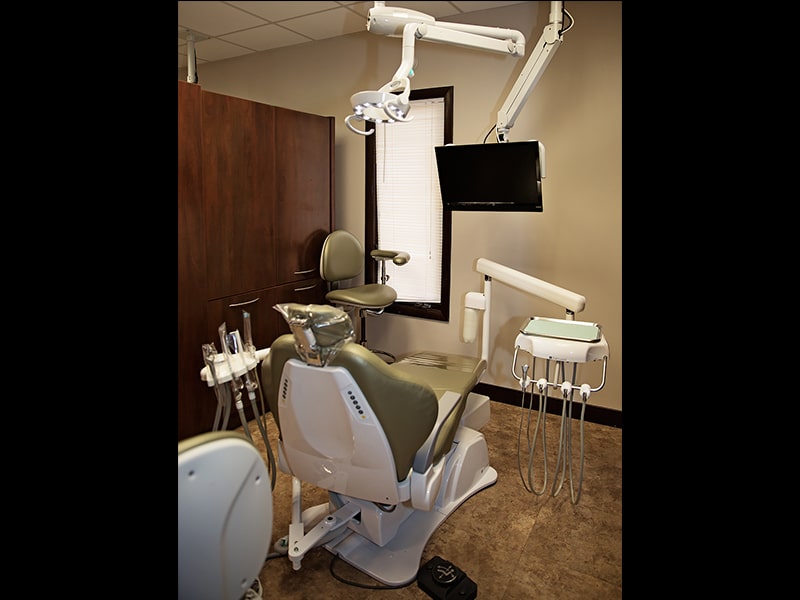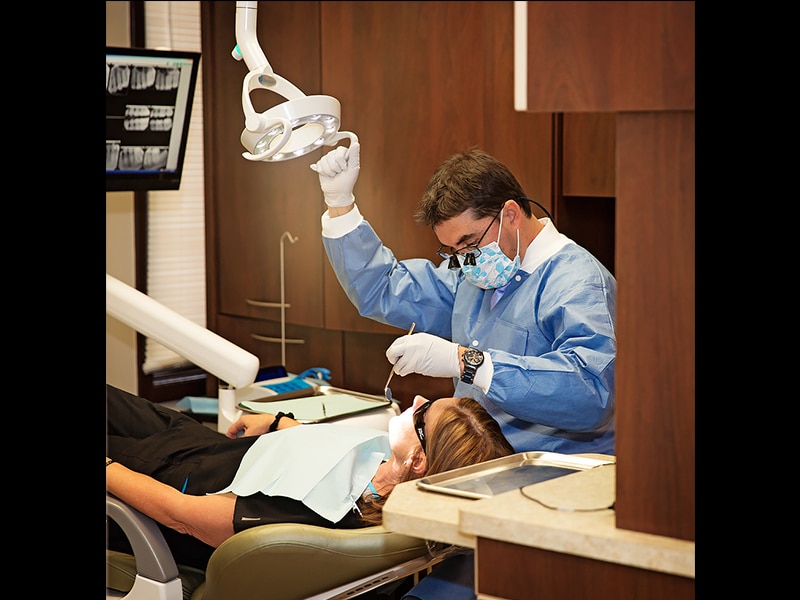Missing teeth are often dismissed as a cosmetic issue, especially if the gap isn’t easily visible. But dental professionals caution that even a single missing tooth can impact your overall oral health and well-being more than many people realize. Whether it’s due to decay, injury, or periodontal disease, living with missing teeth may seem manageable in the short term. However, long-term consequences can go far beyond aesthetics.
For patients searching for a dentist near Lorton, VA, understanding the risks associated with untreated tooth loss is key to making informed decisions. Dentists consistently emphasize that missing teeth don’t just affect how you chew or smile. They can lead to bone loss, shifting teeth, joint discomfort, and even changes in your facial structure. Replacing missing teeth with bridges, implants, or dentures is more than a cosmetic fix; it’s often necessary to preserve your long-term oral health.
If you’ve been wondering whether it’s really “okay” to live with missing teeth, here’s what dental professionals want you to know.
1. Bone Loss Happens Quickly After Tooth Loss
Your jawbone relies on stimulation from your teeth to maintain its density and shape. When a tooth is missing, the surrounding bone begins to deteriorate—a process called resorption. This bone loss can begin within just a few months and continues over time.
Without the root of a tooth in place, your jaw no longer receives the pressure it needs during chewing to stay strong. As the bone shrinks, it can affect neighboring teeth and your facial appearance. This is one of the main reasons dentists recommend timely tooth replacement options like dental implants, which help preserve bone density.
2. Shifting Teeth Can Lead to Bite Problems
When a tooth is lost, the adjacent teeth may begin to drift into the space. Over time, this shifting disrupts your bite alignment, also known as occlusion. A misaligned bite can lead to chewing inefficiencies, enamel wear, and strain on your jaw joints.
Shifting teeth can also trap food more easily, increasing your risk for cavities and gum disease. Orthodontic treatment may be required to correct misalignment caused by missing teeth, so early intervention is advised to minimize long-term complications.
3. Chewing and Digestion Are Affected
Each tooth plays a specific role in breaking down food. When teeth are missing, especially molars, you lose the efficiency needed to properly chew. This can lead to swallowing larger food particles that are harder for your stomach to digest, resulting in discomfort or digestive issues.
Over time, people with missing teeth often start avoiding certain foods that are harder to chew, like raw vegetables, fruits, or proteins. This dietary shift can compromise nutrition and overall health, making tooth replacement not just a dental concern but a systemic one.
4. Speech Can Change
Your teeth, especially the front ones, are essential for clear speech. Missing teeth can cause slurred words, lisps, or difficulty pronouncing certain consonants. This can impact confidence and the way you interact socially or professionally.
While many people adjust to changes in speech, others feel self-conscious. Replacing missing teeth can help restore normal speech patterns and ease communication challenges that can arise from altered oral anatomy.
5. Facial Structure Can Collapse
Over time, missing teeth and the resulting bone loss can cause your face to appear sunken or older. This is most noticeable when multiple teeth are missing, especially in the back or lower jaw. The cheeks lose support, and the lower third of the face can appear shorter.
Restorative dental treatments like implants or dentures provide structural support, preventing the facial collapse often associated with untreated tooth loss.
6. Emotional and Social Impacts Are Common
Beyond the physical effects, missing teeth can affect your self-esteem and how you feel in social situations. Smiling, laughing, or even speaking may become moments of discomfort or self-consciousness. People with missing teeth often report avoiding photos, public speaking, or intimate conversations due to embarrassment.
Addressing missing teeth doesn’t just support oral function. It can improve confidence and mental well-being as well. Dentists understand these emotional concerns and offer compassionate solutions tailored to individual needs.
Living with missing teeth may seem harmless at first, but it can create a cascade of oral health problems and affect daily life in many subtle and not-so-subtle ways. From jawbone loss and bite misalignment to speech difficulties and lowered self-confidence, the impacts are significant. The good news is that modern dentistry offers several effective options to restore your smile and protect your oral health for the long term.
If you’re searching for a dentist near Lorton, VA to explore tooth replacement options or assess your current dental health, the caring team at New Smiles Dental is ready to help. Schedule your consultation today and take the first step toward restoring both function and confidence.


